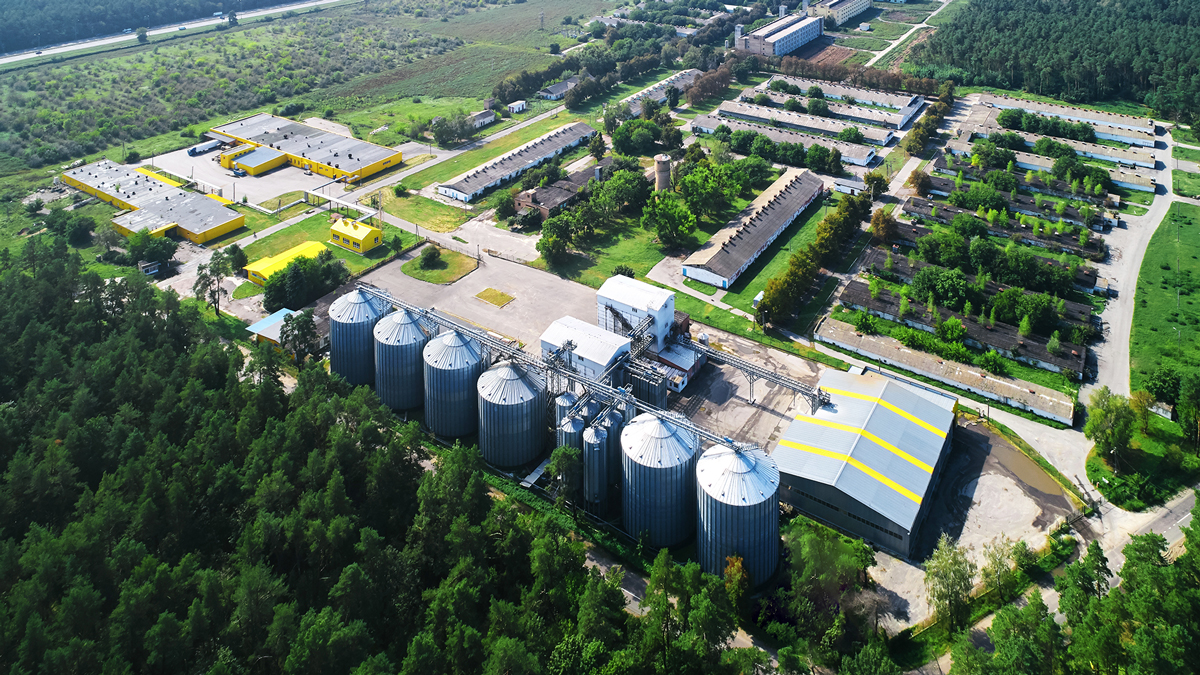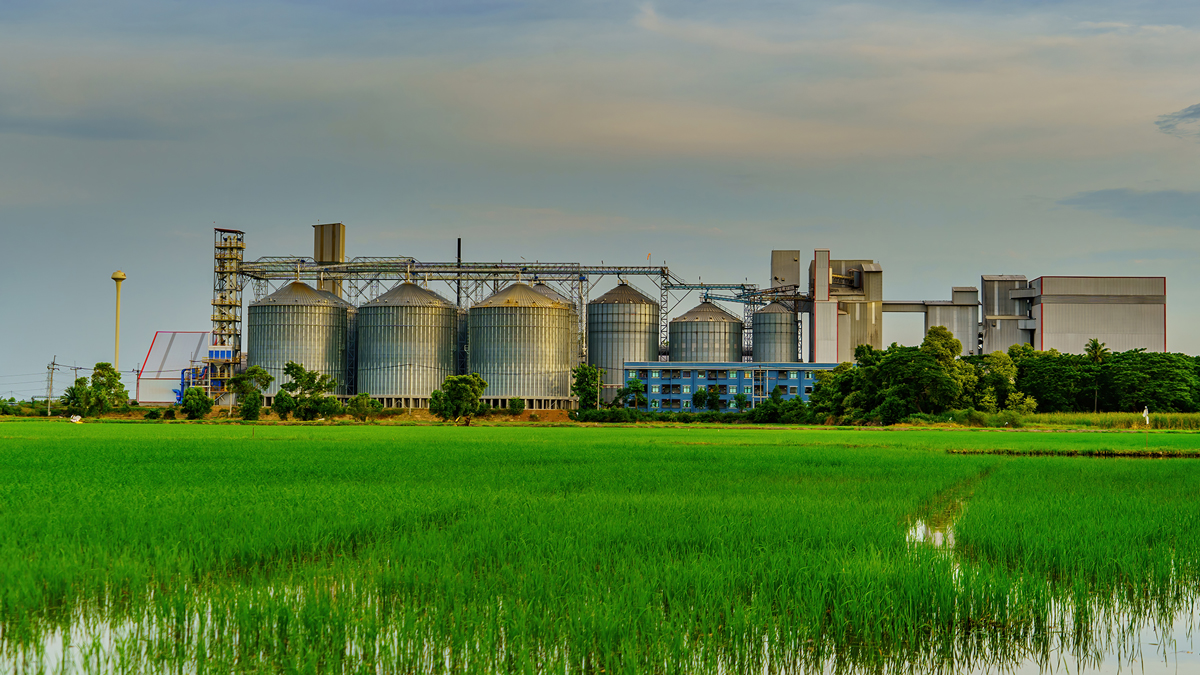About Bio Fuel
- Home
- About
- About Bio Fuel
About Bio Fuel
Biofuels are fuels derived from organic materials, such as plants, algae, or waste. They are considered renewable energy sources because the organic materials used to produce them can be replenished.
Biofuels are an alternative to conventional fossil fuels, and they are seen as a way to reduce greenhouse gas emissions and dependence on non-renewable energy sources.



There are several types of biofuels, including:
01. Bioethanol
This is an alcohol-based fuel made by fermenting and distilling starch crops, such as corn, sugarcane, or wheat. It is commonly blended with gasoline to produce a biofuel blend.
02. Biodiesel
Biodiesel is produced from vegetable oils, animal fats, or recycled cooking grease through a process called transesterification. It can be used as a direct substitute for traditional diesel fuel and is often blended with petroleum diesel.
03. Biogas
Biogas is produced through the anaerobic digestion of organic materials like agricultural residues, manure, and sewage. It primarily consists of methane and carbon dioxide and can be used for electricity generation or as a vehicle fuel.
04. Biojet Fuel
This is a type of aviation fuel derived from renewable feedstocks, such as plant oils or waste biomass. It is designed to be a drop-in replacement for traditional jet fuel.
05. Cellulosic Biofuels
These biofuels are produced from non-edible plant materials like agricultural residues, wood, and grasses. The feedstock is broken down into sugars and then fermented to produce biofuels.
